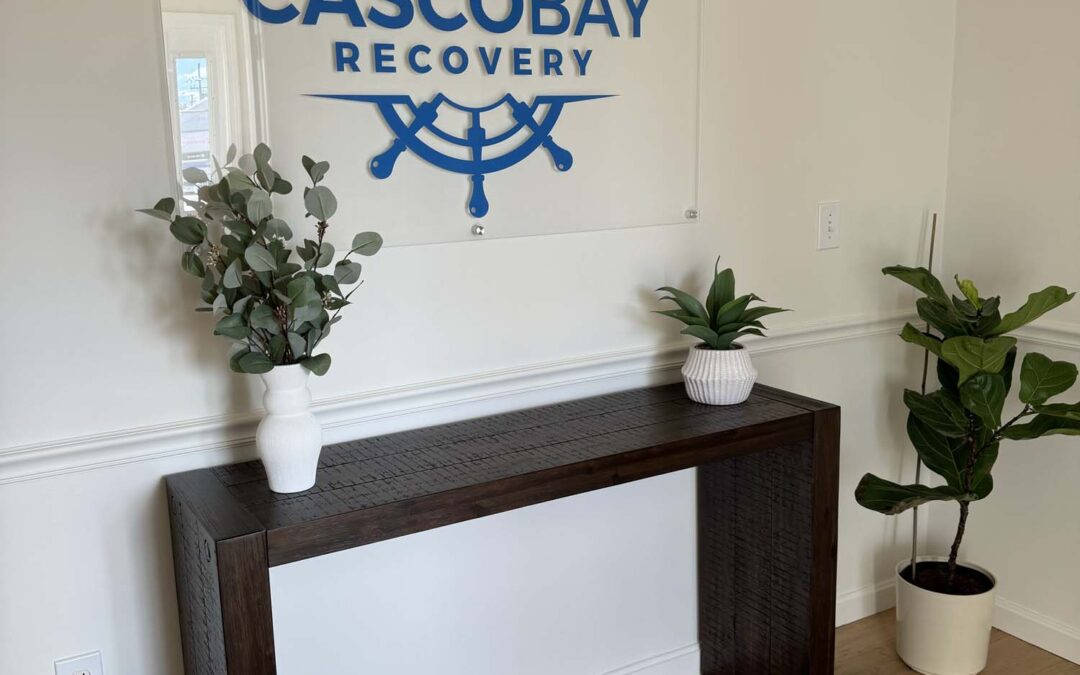In the intricate tapestry of mental health, substance abuse often entwines with mental disorders, leading to a condition known as dual diagnosis. This complexity presents unique challenges and necessitates a comprehensive approach to treatment. At Casco Bay Recovery, we understand the intricate link between mental health and substance abuse and emphasize the importance of integrated treatment approaches.
Understanding Dual Diagnosis
Dual diagnosis refers to the co-occurrence of substance abuse disorders and mental health disorders. It’s a condition that can create a cycle where mental health issues lead to substance abuse as a form of self-medication, and in turn, substance abuse exacerbates mental health problems.
The Interplay of Mental Health and Substance Abuse
Research shows that individuals with mental health disorders, such as anxiety, depression, or bipolar disorder, are more likely to develop substance abuse problems. For example, a person with depression may turn to alcohol to alleviate their symptoms, unknowingly starting a path toward dependency. Conversely, chronic substance abuse can uncover or worsen underlying mental health conditions.
The Challenges of Dual Diagnosis
Navigating dual diagnosis is complex. Symptoms of substance abuse can mask mental health conditions, making diagnosis and treatment more challenging. Moreover, the stigma surrounding both mental health and addiction often prevents individuals from seeking the help they need.
Importance of Integrated Treatment
Integrated treatment is crucial for effectively addressing dual diagnosis. This approach combines mental health and substance abuse treatment, recognizing that both are deeply interconnected. At Casco Bay Recovery, our integrated treatment plans are tailored to each individual’s unique needs, ensuring a holistic path to recovery.
Components of Integrated Treatment
- Individualized Care: Each person’s journey is unique. Our treatment plans at Casco Bay Recovery are customized to address the specific needs of each patient.
- Therapy and Counseling: Therapy is a cornerstone of treating dual diagnosis. It helps individuals understand the root cause of their conditions and develop coping strategies.
- Medication Management: When necessary, medication can be used to manage symptoms of mental health disorders, always in conjunction with therapy and counseling.
- Support Groups: Support groups provide a sense of community and understanding, essential for recovery in dual diagnosis cases.
- Education and Awareness: Understanding both conditions is critical for recovery. Educating patients and their families about dual diagnosis is a key part of our approach.
Casco Bay Recovery’s Role in Treating Dual Diagnosis
At Casco Bay Recovery, we are dedicated to providing comprehensive care for those struggling with dual diagnosis. Our team of professionals is trained in handling the complexities of these cases, offering compassionate and effective treatment.
Conclusion
Dual diagnosis of mental health and substance abuse is a journey that requires patience, understanding, and integrated care. At Casco Bay Recovery, we are committed to guiding individuals through this journey with personalized care and support. For more information or to seek help, please visit our website.








